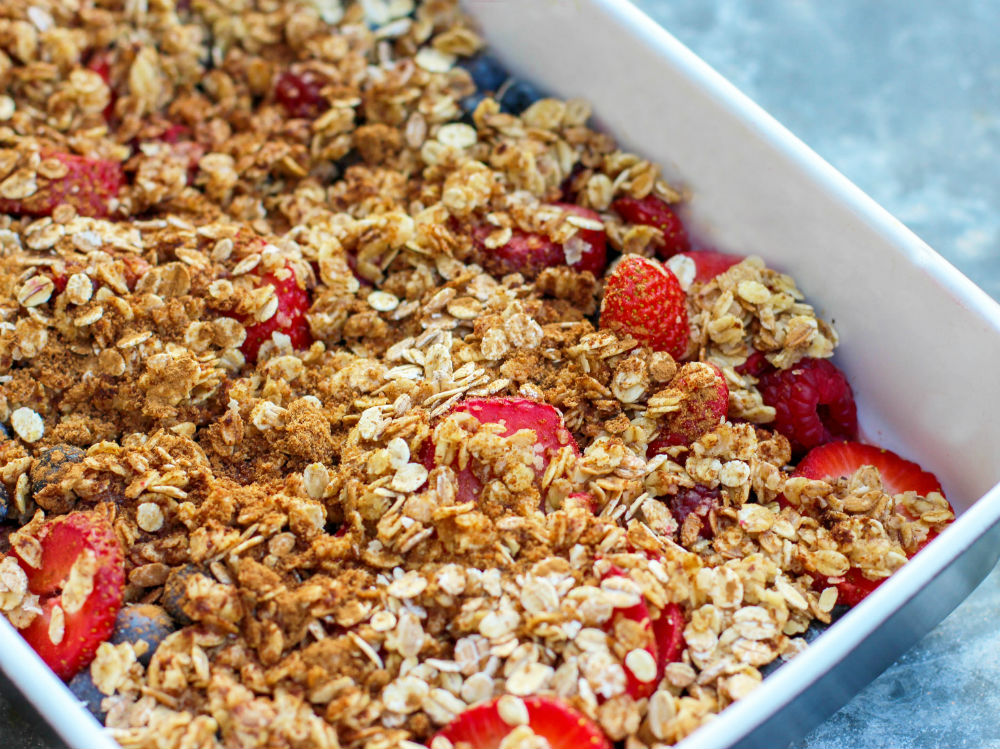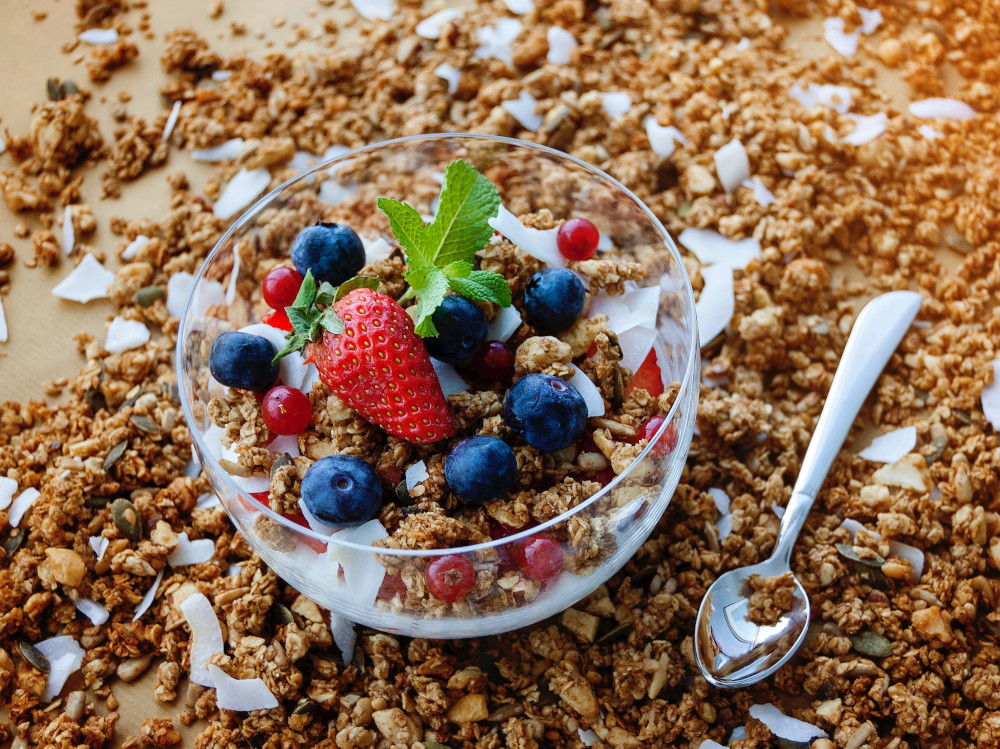

Oatmeal is an extremely versatile cereal, perfect for any time of the day. In the morning, it can be enjoyed as porridge or added to a smoothie for an energy boost. Mid-morning or in the afternoon, it can be consumed as a bar to recharge. Additionally, oatmeal is great for enhancing lunch and dinner dishes, from main courses to soups.
But is it an ally for weight loss? Here’s the answer.
Oatmeal promotes satiety, aiding weight loss

Including oatmeal in a healthy and balanced diet is an excellent way to boost your fiber intake, especially soluble fiber.
Once in the intestine, these fibers form a gel-like substance that slows sugar absorption and prolongs the feeling of fullness, delaying stomach emptying.
However, moderation is key. Consuming up to three portions of 70 grams each per day is ideal. Exceeding this amount can make meals overly caloric.
Supports gut health
Intestinal health significantly impacts overall body health. Adding oatmeal to your diet provides prebiotic fibers that help prevent diseases, including obesity.
A fiber-rich diet can positively modulate the gut microbiota, enhancing the production of beneficial metabolites like short-chain fatty acids with anti-inflammatory properties.
Oatmeal also offers a good amount of fiber, which positively influences regular bowel movements.

Boosts mood
Eating oatmeal provides essential amino acids, including tryptophan, the precursor to serotonin, which regulates mood and energy levels.
Additionally, it enriches the diet with B-complex vitamins such as thiamine, riboflavin, and niacin, which are involved in metabolic processes.
Reasons to Add a Pinch of Cinnamon to Your Breakfast
Photo Credits: Unsplash
This article first appeared on Grazia.it – Author: Angela Altomare













